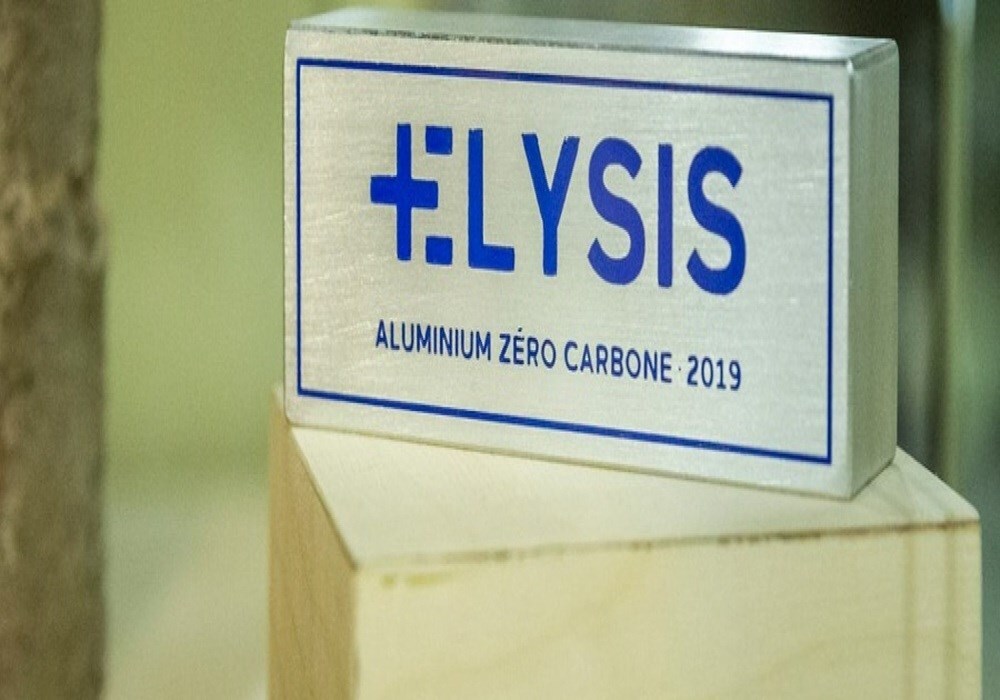您想继续阅读英文文章还
是切换到中文?
是切换到中文?

THINK ALUMINIUM THINK AL CIRCLE

In a major step for sustainable manufacturing, Alcoa Corporation, Ball Corporation and Unilever have partnered to introduce the first consumer packaging made with ELYSIS® carbon-free aluminium. Ahead of the 30th United Nations Climate Change Conference (COP30), the companies announced their move to make a landmark.

The ELYSIS® process represents an innovation in aluminium production. Instead of releasing carbon dioxide, the method generates oxygen during smelting, cutting out direct greenhouse gas emissions entirely. The first product to feature the material is an aerosol can made from an even mix of ELYSIS® primary aluminium and recycled content; one of the lowest-carbon packaging options currently available.
Explore- Most accurate data to drive business decisions with 50+ reports across the value chain
Renato Bacchi, Executive Vice President and Chief Commercial Officer at Alcoa, said the collaboration shows how innovation can reshape everyday materials. “We are proud to collaborate across the aluminium value chain to reduce carbon footprints and create real impact in people’s daily lives,” he said.
Ball’s Chief Sustainability Officer, Ramon Arratia, described the project as a major milestone for the industry. “This project combines higher recycled content and low-carbon primary aluminium - both key to decarbonise aluminium packaging and the aluminium sector at large. This is both a packaging innovation and a critical supply chain collaboration at work.”
Read More: ELYSIS announces breakthrough with commercial-scale inert anode cell
For Unilever, the move supports its ongoing drive to make packaging more climate-friendly and meet consumer expectations for greener products. The company believes that using ELYSIS® aluminium will not only reduce its environmental footprint but also inspire other manufacturers to explore low-carbon materials.
ELYSIS® is a joint venture between Rio Tinto and Alcoa, which is further supported by Apple and the governments of Canada and Québec. The technology is already being developed for industrial-scale production and is seen as a turning point for the aluminium industry. According to industry veterans, the collaboration presents a strong example of how established players can accelerate progress towards decarbonisation. Transforming a scientific innovation into a commercial reality, Unilever, Ball, and Alcoa have set an example in using cleaner materials in the aluminium industry.
Must read: Key industry individuals share their thoughts on the trending topics
Responses








